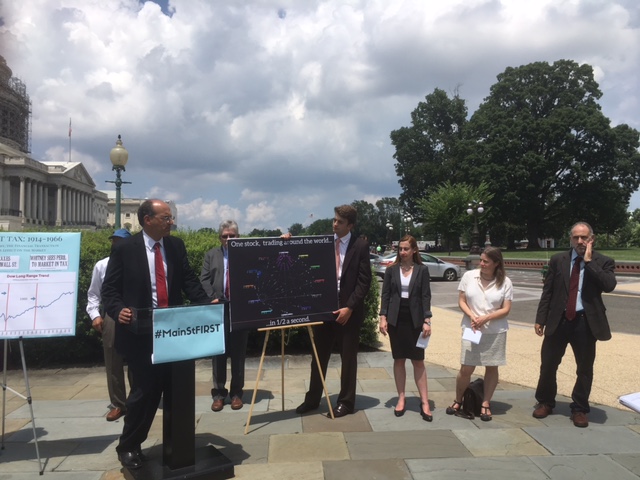AFR in the News: Wells Fargo urged to clawback bonuses over fake accounts (Financial Times)
“Two top institutional shareholders in the world’s most valuable bank by market capitalisation have demanded answers over payments to Carrie Tolstedt, who headed the division where the episode took place… Brian Simmonds Marshall, policy counsel at Americans for Financial Reform, said: ‘Those who are responsible for the misconduct should not be getting bonuses for costing their shareholders and their customers money.'”


